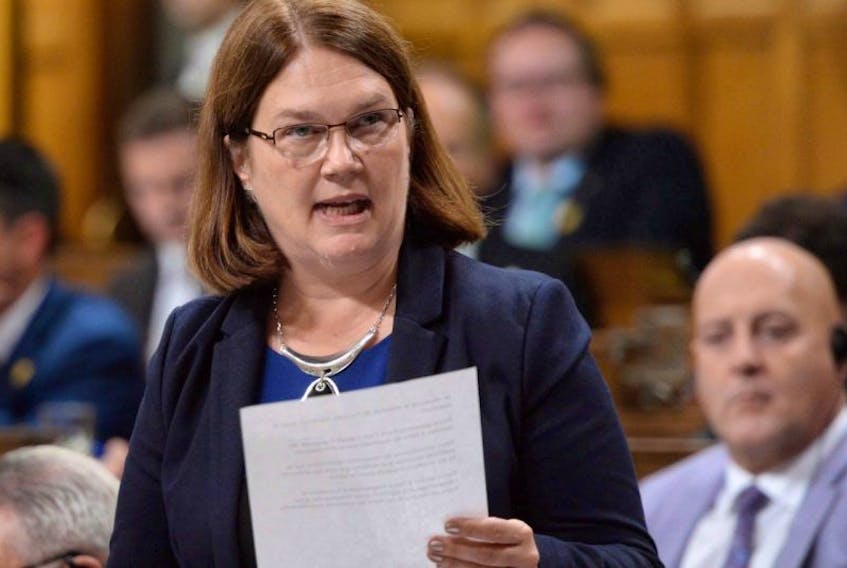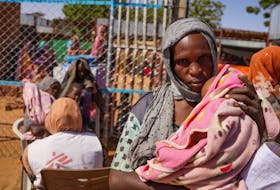NUNATSIAVUT
The federal government announced legislation on how child welfare is handled for First Nations, Metis and Inuit groups last week and the Nunatsiavut government is happy to see the changes.
“It’s welcome news,” said Nunatsiavut Health Minister Gerald Asivak. “It’s good for our people and families.
“It’s long overdue and we’re very appreciative of this information to work with the federal government on enacting new legislation.”
Indigenous Services Minister Jane Philpott announced the legislation at the Assembly of First Nations special chiefs in Ottawa. Philpott said it was developed in conjunction with Indigenous groups and is planned to be introduced in January.
The Truth and Reconciliation commission recommended this change in its Calls to Action in 2016. That same year, according to the federal government, First Nations, Inuit and Métis Nation children under 15 made up 7.7 per cent of the population in the child welfare system, but represented 52.2 per cent of children in foster care in private homes.
Asivak, a former social worker, said there are currently 60 children in the system from Nunatsiavut, most of who are living outside of the land claim area. This can have a great impact on them, he said, by not being exposed to their culture, language or way of life.
“We want to keep children in our own communities, within their own kinship or with closely related neighbours, we want them to keep their culture, traditions and values,” he said. “We don’t feel that children should be, or need to be, sent away. It’s part of life to be with your family.”
Asivak said he understands it won’t happen overnight, but they are looking forward to working with the federal and provincial governments and Inuit Tapiriit Kanatami, the national body that represents all Inuit in Canada, on how to implement this new legislation in Inuit communities.
Asivak said Nunatsiavut has started the process by contacting the Child and Youth Advocate office for Newfoundland and Labrador to do a review of Inuit children in care. They have contacted 250 families for feedback on how to improve services and relations with the provincial government. The process of handing over child welfare services could take years to fully implement and Nunatsiavut needs to make sure things are done better in the interim as well, he said.
“We are overrepresented in the provincial children in care system,” he said. “We want to improve that and start recruiting foster families with the provincial government in our home towns.”
He said reintegration is one of the biggest issues they face and that children who are taken away lose part of who they are, their Indigenous identity and their family connections.
“When you’re away from your homeland you’re not part of it,” he said. “The opportunity to come back isn’t always feasible.
“There should be a plan in place, but dealing with multiple levels of government and agencies, it’s sadly overlooked.”
Asivak said the way children are removed from homes and sent to live elsewhere is reminiscent of the Sixties Scoop, where children were taken from Indigenous families and put up for adoption.
The specifics of how this changeover will work have not been made public yet but the federal government said they hope the bill can be passed before the federal election next fall.









